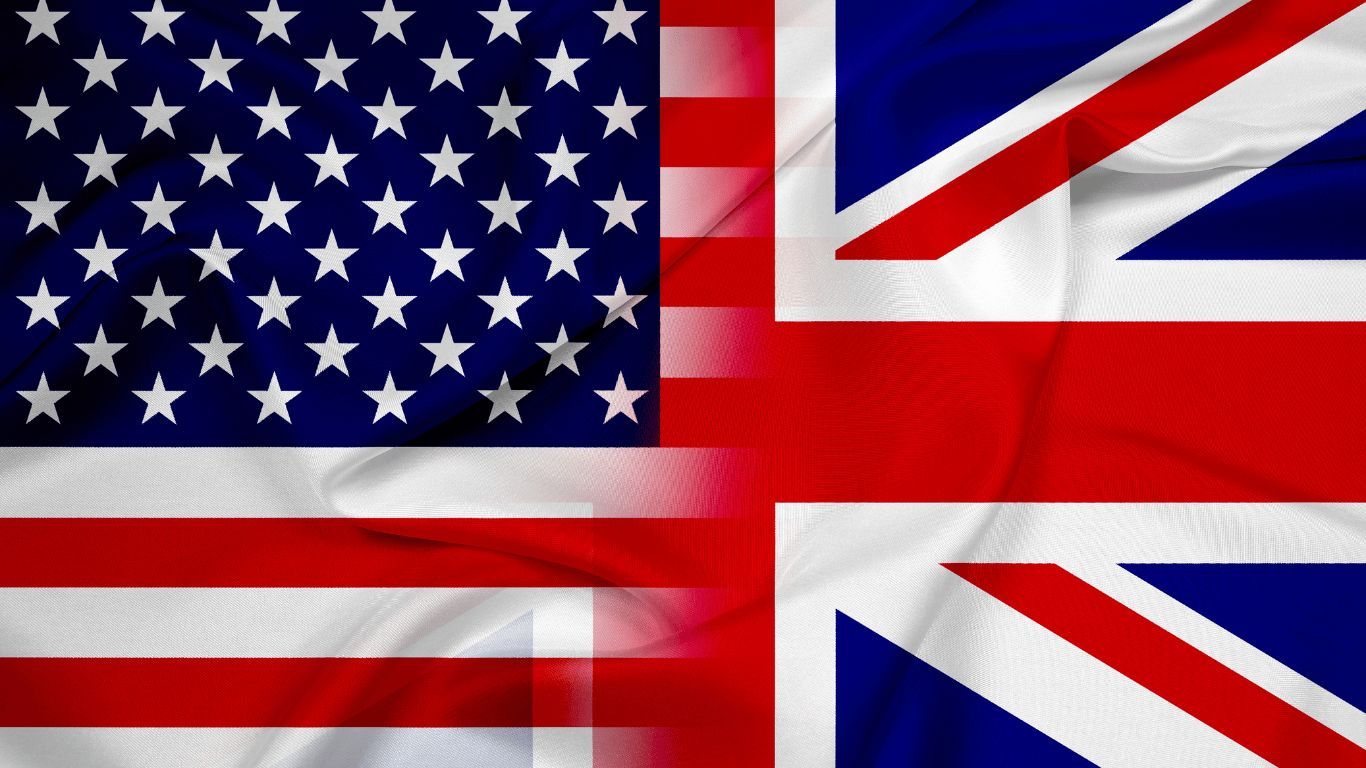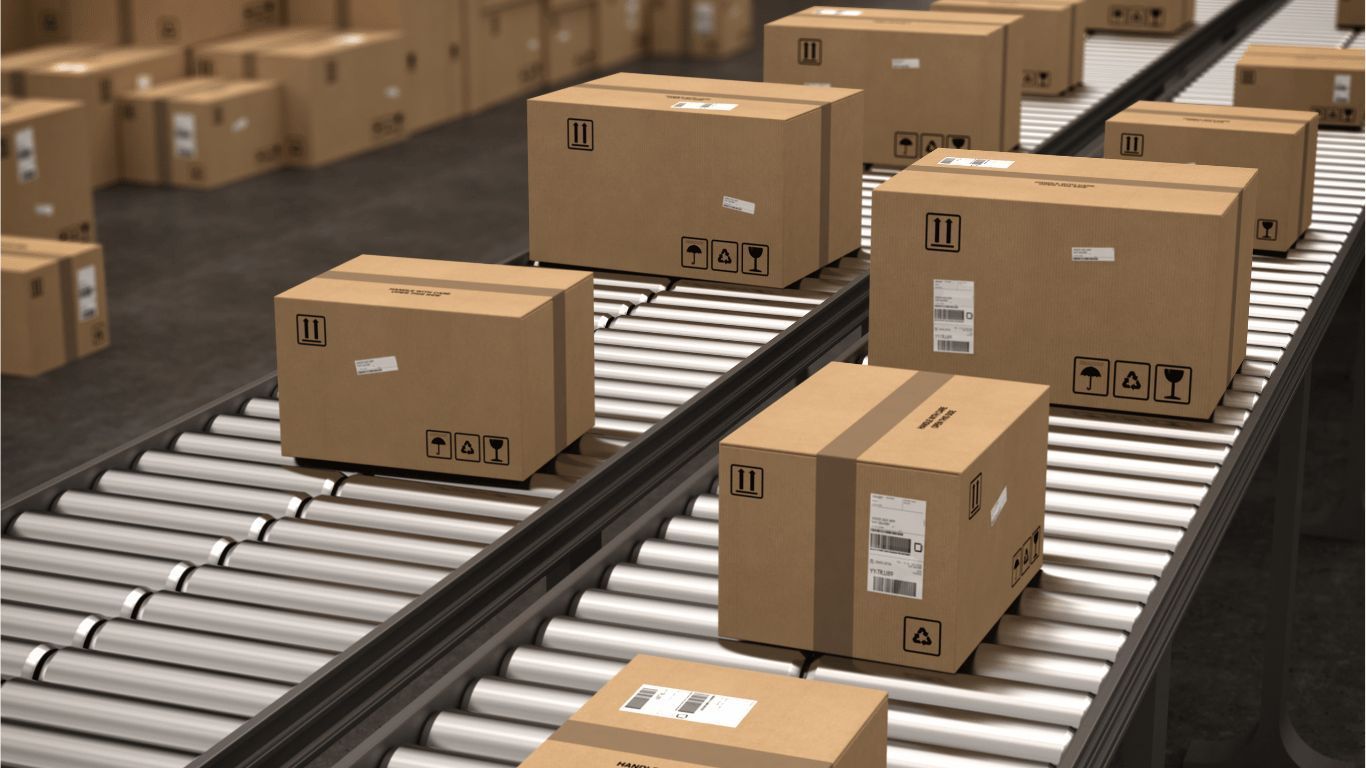Importing and exporting wine from 1 January 2021
Ian Simmonds • October 29, 2020
New rules for wine importers, exporters, producers, retailers and distributors.

Importing and exporting wine from 1 January 2021
The UK Government has updated the rules for wine importers, exporters, producers, retailers and distributors, as from 1 January 2021.
The Government have stated:
- There will be no change to the requirements for wine imported into the UK from a non-EU country from 1 January 2021 to 1 October 2021.
- VI-1 certificates will not be required for EU wine imported into Great Britain (England, Scotland and Wales) from 1 January 2021 to 30 June 2021.
- There will be no change to the marketing standards requirements for importing wine into Northern Ireland (NI) from the EU.
- VI-1 certificates will not be required to move wine to GB from NI.
- Companies can continue to use the name and address of an importer, or bottler in the case of bulk wine imports, based in the EU, GB or NI on the label for bottles of wine marketed in GB until 30 September 2022. From 1 October 2022, wine marketed in GB must be labelled with the name and address of an importer or bottler located within the UK.
- Consignments of wine exported from GB to the EU will be subject to EU third country requirements for wine which include having an EU VI-1. There are some situations where companies do not need a VI-1 to export wine from GB to the EU.
- There will be no change to marketing standards requirements for exporting wine from NI to the EU. Businesses in NI will not be required to provide VI-1 documents for exports to the EU.
- Goods moving from GB into NI will also be required to meet EU import marketing standards requirements.
If you would like more details, please call +44 (0) 118 932 8447 or email info@icsglobalservices.co.uk
Share this page
Get in touch
Due to the nature of my work, it's typically easiest to complete this form and I will get back to you.




